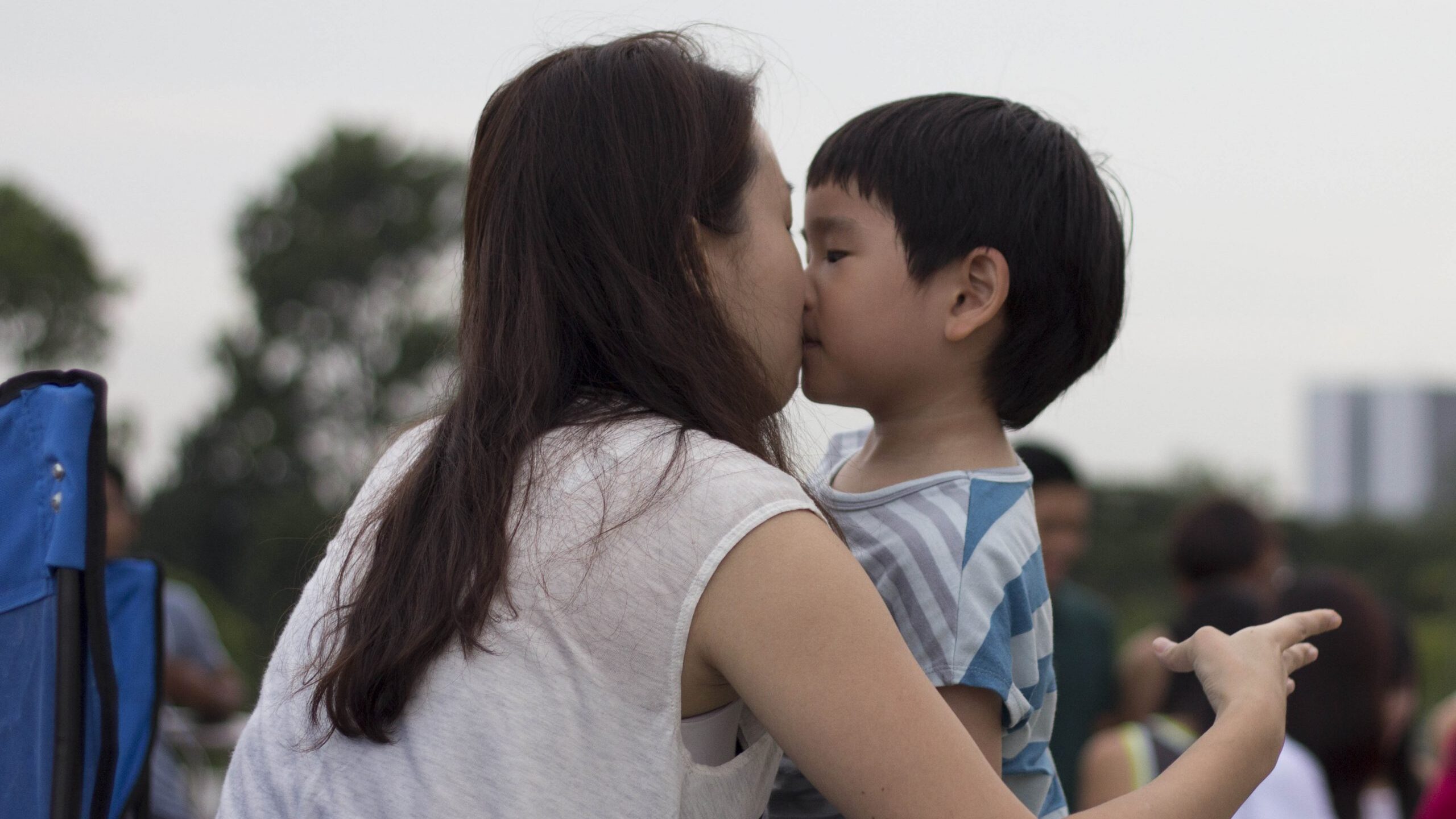Ways of Being and Belonging: Integration, Identity, and Social Resilience of Cross-National Families in Singapore
May 29, 2024
Cross-national marriages have become commonplace in Singapore, making up almost a third of the marriages registered. The experiences of these cross-national families differ significantly from that of fully local families, with migrant spouses and children facing various challenges with regard to legal status, employment, and social and cultural integration.
The difficulties of social and cultural integration are explored in the study ‘Ways of Being and Belonging: Integration, Identity, and Social Resilience of Cross-national Families in Singapore’ by Raffles Professor of Social Sciences Brenda S. A. Yeoh FBA (NUS Geography and Asia Research Institute), Associate Professor Esther Goh (NUS Social Work), Dr Theodora Lam (NUS Asia Research Institute), and Dr Bernice Lin Zhi Khoo (DSO National Laboratories). Hosted by the NUS Asia Research Institute and funded from 2022 to 2024 by the DSO National Laboratories Grant, the project explores the influence of daily behaviours on the intangible sense of belonging in cross-national families from a multi-disciplinary perspective.
These cross-national families consist of a Singaporean and their foreign spouse. The study seeks to critically examine how everyday practices and social interactions, or ‘ways of being’ influence identity formation and the sense of ‘belonging’ within cross-national families. The researchers characterise integration as a combination of ‘ways of being’ and ‘ways of belonging’, looking into how these aspects of daily life affect the ability of migrant spouses and their children in establishing a sense of belonging. The researchers recognise integration as a complex series of daily processes occurring unevenly across structural, social, cultural, and civic/political domains.
In the Singapore context, while the concept of integration has been explored substantially, it has predominantly been centred around the broader immigrant population. Hence, the study seeks to zero in on the challenges of cross-national families, specifically on the experiences of migrant spouses and their children. By including these voices in the literature, the researches intend to address this gap in the scholarship and integration, as well as expand upon existing research focused on the various socioeconomic classes of cross-national families in Singapore.
The project also provides insights into the relationship between integration and family resilience, referring the families’ ability to bounce back in times of crises. Examining the integration experiences within cross-national families reveals a unique form of resilience that differs from that of local families. By drawing on the study’s formulation of integration, the research team looks into how integration, identity, and individual belonging provide a comprehensive and systemic perspective on resilience.

